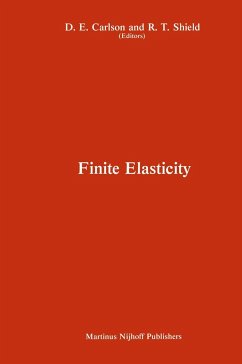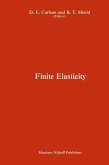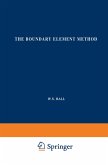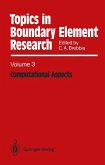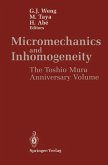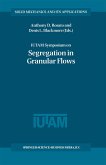Although finite elasticity theory has its roots in the nineteenth century, its development was largely neglected until the end of the Second World War. Since then it has attracted a substantial amount of attention and considerable progress has been made both in our understanding of the basis of the subject and in its applications. It occurred to me about three years ago that finite elasticity had reached a level of development at which an international symposium on the subject was overdue. Accordingly, with strong encouragement from Professor P. M. Naghdi and numerous other colleagues, I submitted to the International Union of Theoretical and Applied Mechanics a proposal for their support of such a symposium to be held at Lehigh University during the period August 10-15, 1980. The proposal received enthusiastic support from the International Union and an international scientific committee under my chairmanship, consisting of Professors G. Fichera (Rome), W. T. Koiter (Delft), L. I. Sedov (Moscow), and A. J. M. Spencer (Nottingham), was assigned responsibility for the scientific program. In constructing the program we aimed at as broad a coverage as possible of the many aspects of the subject on which significant progress is currently being made. These range from theoretical studies of existence and uniqueness of solutions of the governing equations of finite elasticity theory to experimental studies of its application to such problems as tear resistance and friction in vulcanized rubbers.
Hinweis: Dieser Artikel kann nur an eine deutsche Lieferadresse ausgeliefert werden.
Hinweis: Dieser Artikel kann nur an eine deutsche Lieferadresse ausgeliefert werden.

